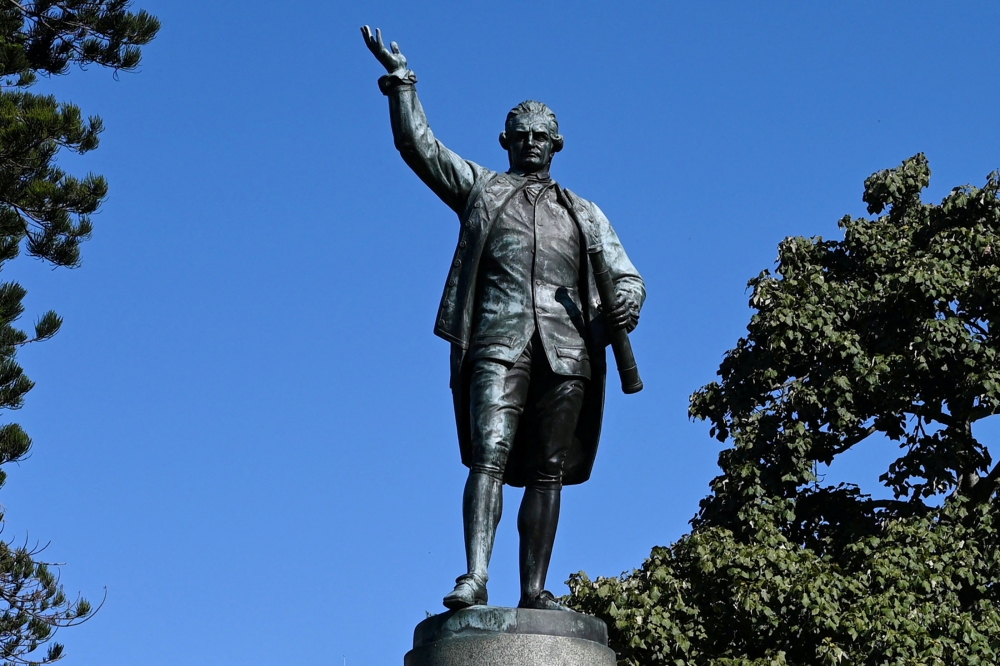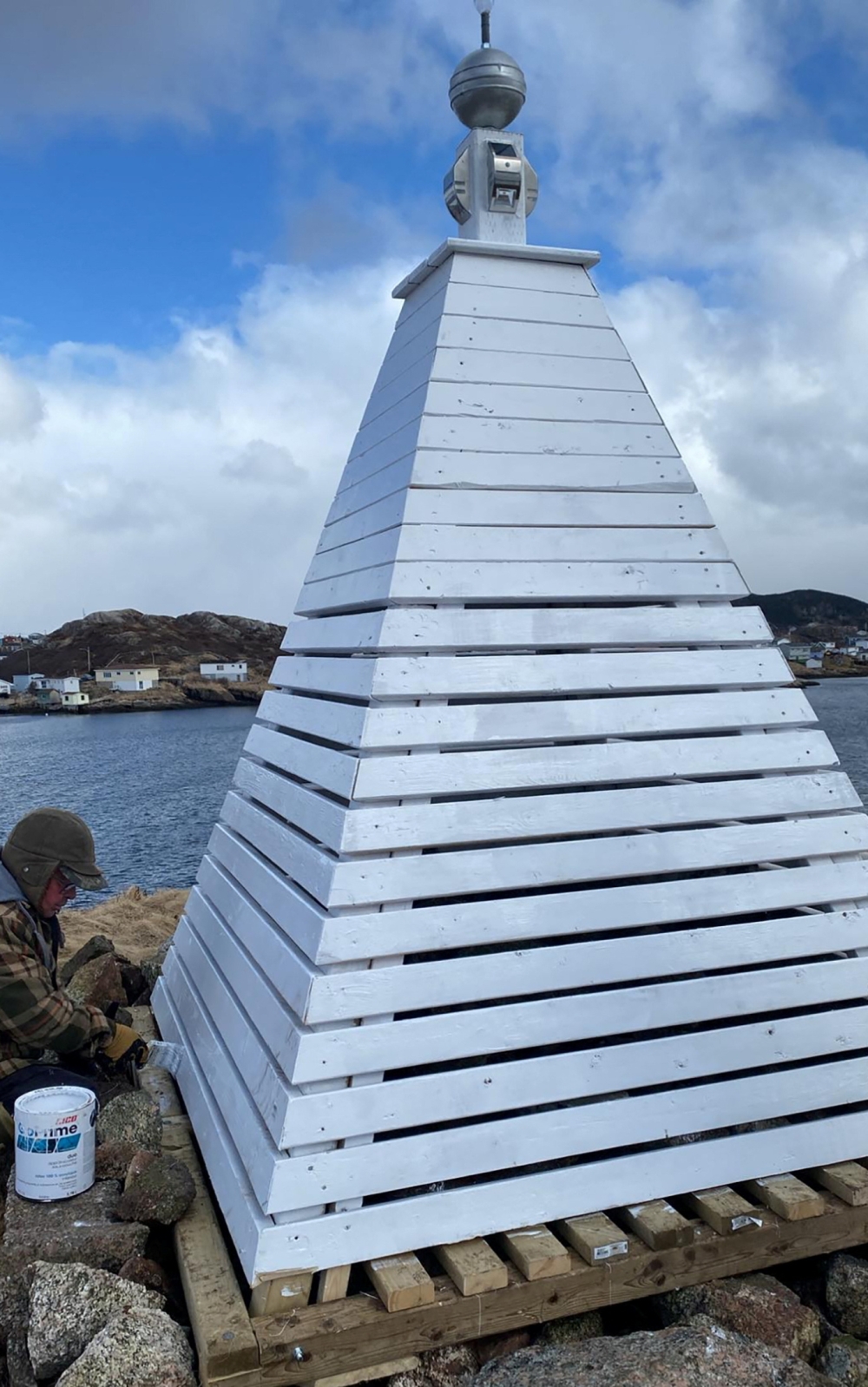BURGEO (Canada), April 7 — In the remote town of Burgeo on the east coast of the Canadian province of Newfoundland and Labrador, some residents are enthusiastically waiting to view tomorrow’s rare solar eclipse and recreate the history of an island named by Captain James Cook.
British explorer Captain Cook, who was in Newfoundland in 1766 witnessed the solar eclipse of August 5 while conducting astronomical observations and called the place Eclipse Island.

Tomorrow, the residents of the fishing town near the now uninhabited Eclipse Island will gather to celebrate the celestial event and start rebuilding a historic beacon on the island while watching the eclipse, where totality will last about two minutes.
“If we get 30 to 40 people show up here just for the eclipse, I will be ecstatic,” Michael Ward, the manager of Burgeo townhall told Reuters. Burgeo, home to about 1,100 residents, is more than a nine-hour drive from St. John’s, the capital of Canadian province Newfoundland and Labrador.
Ward said the 8-foot (2.4 metre) tall beacon was originally built in the 1950-60s by community members while the restoration will be funded by the National Marine Conservation Area and Sandbanks Provincial Park and run by solar power.
“Any more than that would put too much pressure (on businesses),” he added.
Burgeo residents will join millions of eclipse enthusiasts along a slender zone averaging about 115 miles (185km) wide slicing through Mexico into Texas and across 14 other US states and Quebec and four more provinces of Canada.
The solar eclipse, the first of its kind since 1979 in Canada, is creating a carnival atmosphere and many have been making travel plans for months. In Niagara, local government has declared a state of emergency with a record more than a million people expected to converge along the majestic falls and the popular tourist destination.
Giving true meaning to Eclipse Island, in Burgeo, a community-focused event at the Government Wharf will gather people to sing songs, restore the beacon, participate in traditional smudging ceremonies and drumming, while celebrating indigenous culture and heritage.

“We want everybody (the local residents) to be involved... It’s going to be quite a show,” Ward said.
Arch Durnford, a local restaurant owner who witnessed the last solar eclipse decades ago when he was a teenager, is preparing a special dish for the menu to mark the occasion.
As a resident and business owner in the town, he is looking forward to celebrating the day with his community, despite expected challenges related to weather and catering to tourists.
“It’s interesting that we’re actually going to see this once in our lifetime,” Durnford said excitedly. — Reuters






















